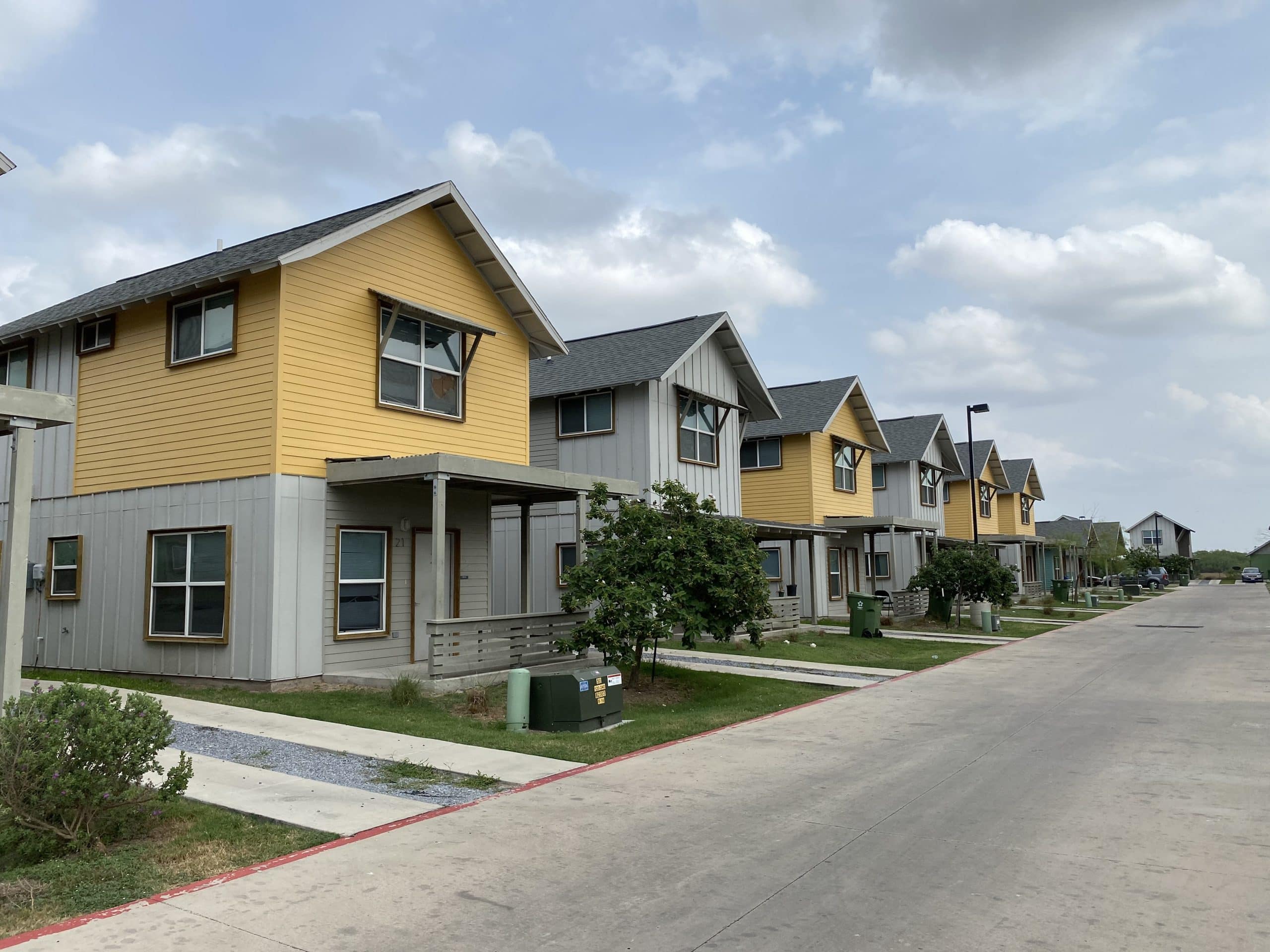
Coming on the heels of the ruling that Westchester County failed to affirmatively further fair housing, HUD seems intent on ensuring that such failures are minimized in the future.
The Old Approach:
The analysis of impediments (AI) approach required any jurisdiction receiving HUD funds (CDBG; HOPWA; ESG; HOME) as well as all Public Housing Authorities to collect their own data and analyze any impediments to fair housing. This approach required significant time and effort to be expended by local planning agencies—effort that in many cases was so onerous that they hired outside consultants to complete the analysis—but the results were not regularly submitted to HUD for review.
In many cases, merely completing the AI satisfied the Affirmatively Furthering Fair Housing (AFFH) requirement of the Fair Housing Act. The result, exemplified by the numerous lawsuits resulting from inadequate AFFH action, was that municipalities had little reason to change their policies and make real steps toward eliminating the impediments to fair housing.
The New Approach:
The new assessment of fair housing approach (AFH), “involves refining the fair housing elements of the existing planning process that states, local governments, insular areas, and public housing agencies (program participants) now undertake. The process proposed by this rule assists these program participants to assess fair housing determinants, prioritize fair housing issues for response, and take meaningful actions to affirmatively further fair housing.”
How will it do this? Rather than placing the burden of researching impediments to fair housing on local planning agencies, HUD will provide these agencies with the data and trends they will need to appropriately evaluate their own housing programs and plans. Where the former analysis of impediments often required the hiring of outside consultants to perform this work, the new rule should enable local housing planners to complete the required actions on their own, saving considerable money while encouraging better compliance with the Fair Housing Act.
Will It Be Better?
One of the goals of the new approach is to reduce litigation aimed at program participants. Undoubtedly spurred by the negative publicity surrounding the recent lawsuit against Westchester County coupled with long-standing critiques of the approach by fair housing advocates, this approach reduces the data collection requirements and provides much clearer guidelines for how a community can reduce barriers to fair housing.
Theoretically, the elimination of data gathering for municipalities coupled with explicit steps to be taken should foster greater compliance with the Fair Housing Act while reducing the cost burden for municipalities. By making it easier to comply, the new guidelines should reduce the instances of litigation, provided municipalities truly want to comply with the FHA. Thus, it is unlikely that local governments who wish to avoid compliance will find any compelling reason to begin to do so unless the new rules are bolstered by strong penalties for those who continue to fail to affirmatively further fair housing.
In a future post, I'll look at discriminatory intent vs. discriminatory effects and local compliance with the Fair Housing Act.
[Ed. Note: See our interview with then-Asst Sec for Fair Housing and Equal Opportunity John Trasviña in our equity-focused Spring 2011 issue.]






Do you have an update on the Affirmative Affecting Fair Housing Act revisions, a list of mandates for communities that have accepted HUD related grants for communities, and if it has changed discrimination in housing yet?